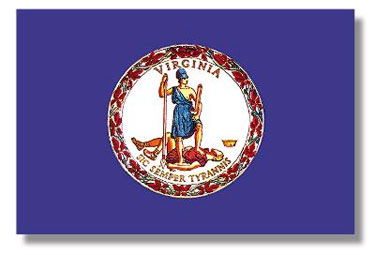“Your Honor, the government knew all along that we were submitting fraudulent claims” — A look at the so-called “government knowledge defense” in false claims act litigation
Today we will take a look at a unique affirmative defense in federal false claims act litigation — to so-called “government knowledge” defense. Although this particular defense is frequently asserted in qui tam litigation, it rarely carries the day. In its simplest form, the defense of government knowledge in a FCA or VFATA case simply asserts, in response to the qui tam whistleblower’s allegations of fraud or false claims made to the government, that the government knew what the defendant was doing, and approved of what the defendant was doing.
As should be apparent, this defense works better in some types of cases than in others. For example, in health care cases, it can be pretty tough for a hospital or physician to argue that the government knew and approved of an alleged kickback scheme when the defendant has been signing documents under oath and penalties of perjury swearing that it didn’t pay or receive kickbacks in any form. On the other hand, in procurement cases, when the question of false or fraudulent billing comes down to how a particular asset was accounted for in a defendant’s cost-plus accounting, this defense can be more effective.
Most important of all, the government knowledge defense can truly muddy the waters of litigation and serve as a real distraction for the plaintiff. The defense, when fleshed out in discovery, usually proves to be rather murky. Defendants will often have nothing more than the following:
Our project lead, who no longer works for us, told a government employee how the billing was done, and the government employee said that that was fine. We do not know name of the government employee but think it was something like ‘Charlie’ or ‘Bill.’ Or maybe his name was John. In any event, because our project manager no longer works for us, we have no way of finding out. As discovery is ongoing, this interrogatory answer will be supplemented if new information is obtained.
I think it is readily apparent how much of a headache an interrogatory answer like that could cause. But before a lawyer starts asking for the employee file of every government employee to interact with the defendant, he or she would do well to study the contours of the government knowledge defense.
First things first — the affirmative defense of government knowledge is not found in the Virginia Fraud Against Taxpayers Act or in the federal FCA, and nothing in the text of either statute suggests that government knowledge can or should be a defense. Like the federal FCA the VFATA focuses on the knowledge of the defendant—and more specifically on the defendant’s “knowing” submission of false claims or statements.
Defendants often argue that they lacked the requisite scienter — in other words they didn’t know that they were submitting false or fraudulent claims to the government — and the government knowledge defense is simply a variation on this argument, with defendants asserting that the government’s knowledge of (or cooperation with) its actions was so extensive that the contractor could not, as a matter of law, possess the requisite state of mind to be liable under the FCA.
The defense has some high hurdles for defendants, and this is the reason it is rarely used with any degree of success. Defendants who assert a successful government knowledge defense must show a potpourri of facts, such as a clear pattern of openness with the government, interaction with a government official with sufficient authority to approve their actions, and a host of other things that vary depending on the factual scenario.
